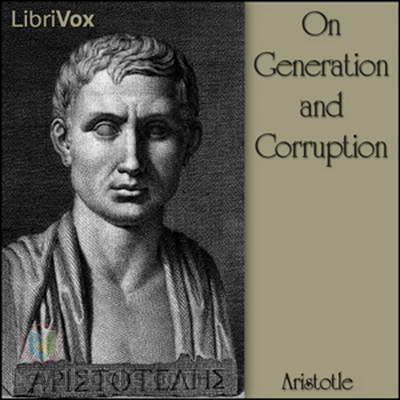
By: Aristotle (384 BCE-322 BCE)
Aristotle's work On Generation and Corruption delves into the natural processes of change and decay in the physical world. He explores the concepts of generation, degeneration, and transformation, seeking to understand the underlying principles that govern these phenomena.
Throughout the book, Aristotle presents his theories on the elements and their interactions, the causes of growth and decline, and the nature of movement and change. He argues that all things in the universe are subject to a constant cycle of creation and destruction, driven by the inherent properties of matter and form.
While some of Aristotle's ideas may seem outdated or simplistic by modern standards, his rigorous examination of the natural world laid the groundwork for the development of scientific thought. His emphasis on observation, classification, and logical reasoning set a precedent for the scientific method that continues to influence scientific discourse to this day.
Overall, On Generation and Corruption is a thought-provoking exploration of the processes that shape the physical world. Aristotle's insights into the nature of change and transformation offer valuable insights that can still be appreciated and studied by modern readers. Book Description:
On Generation and Corruption (Ancient Greek: Περὶ γενέσεως καὶ φθορᾶς, Latin: De Generatione et Corruptione, also known as On Coming to Be and Passing Away) is a treatise by Aristotle. Like many of his texts, it is both scientific and philosophic (although not necessarily scientific in the modern sense). The philosophy, though, is essentially empirical; as in all Aristotle's works, the deductions made about the unexperienced and unobservable are based on observations and real experiences. The question raised at the beginning of the text builds on an idea from Aristotle's earlier work The Physics. Namely, whether things come into being through causes, through some prime material, or whether everything is generated purely through "alteration." From this important work Aristotle gives us two of his most remembered contributions. First, the Four Causes and also the Four Elements (earth, wind, fire and water).
|
